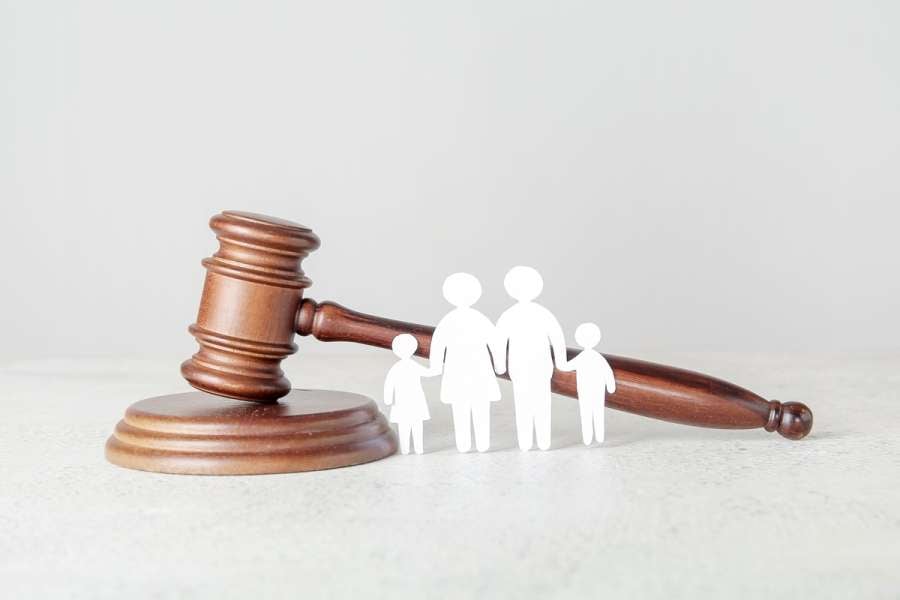Whilst working out how to divide and deal with financial assets during a divorce is a daunting prospect, it is an important consideration. It may help to begin by considering the following:
1. Make a list of all the bank accounts, properties, investments, insurance policies, pensions, significant belongings, and any liabilities that you hold, as well as those of your ex-partner.
Significant belongings include vehicles, expensive jewellery, paintings, collectables, furniture, etc.
Liabilities include mortgages, credit cards, store cards, secured loans, personal loans and any other liabilities.
Once the divorce process begins, it will be necessary to produce documentary evidence of your assets, income, and liabilities, so it would be a good idea to have these documents located and ready to disclose.
2. If there is a risk that your ex-partner may potentially withdraw significant funds, spend funds, or create a debt in a joint account, you can contact the bank to request that they freeze the account.
If the consent of the other account holder is required and you cannot obtain this, or if the money is held in an account in your former partner’s sole name, then you can apply to the court for a freezing injunction if you feel that there is a real risk that funds would otherwise be dissipated.
Please contact our solicitors at Myerson if you believe this action is required.

3. Work out your financial needs, e.g., monthly expenses such as rent/mortgage, council tax, utility bills, other household bills, food, clothing, school fees, social activities, motoring costs, etc.
4. Think about what financial outcome would work for you both.
For example, would you like to retain the matrimonial home, or do you need a home for you and any children? Is your income sufficient on its own, or will you require spousal maintenance?
If things between you and your former partner remain amicable, then you could consider sitting down and starting to discuss how you both intend to move things forward and deal with separating your financial ties.
You should consider both interim and long-term arrangements.










